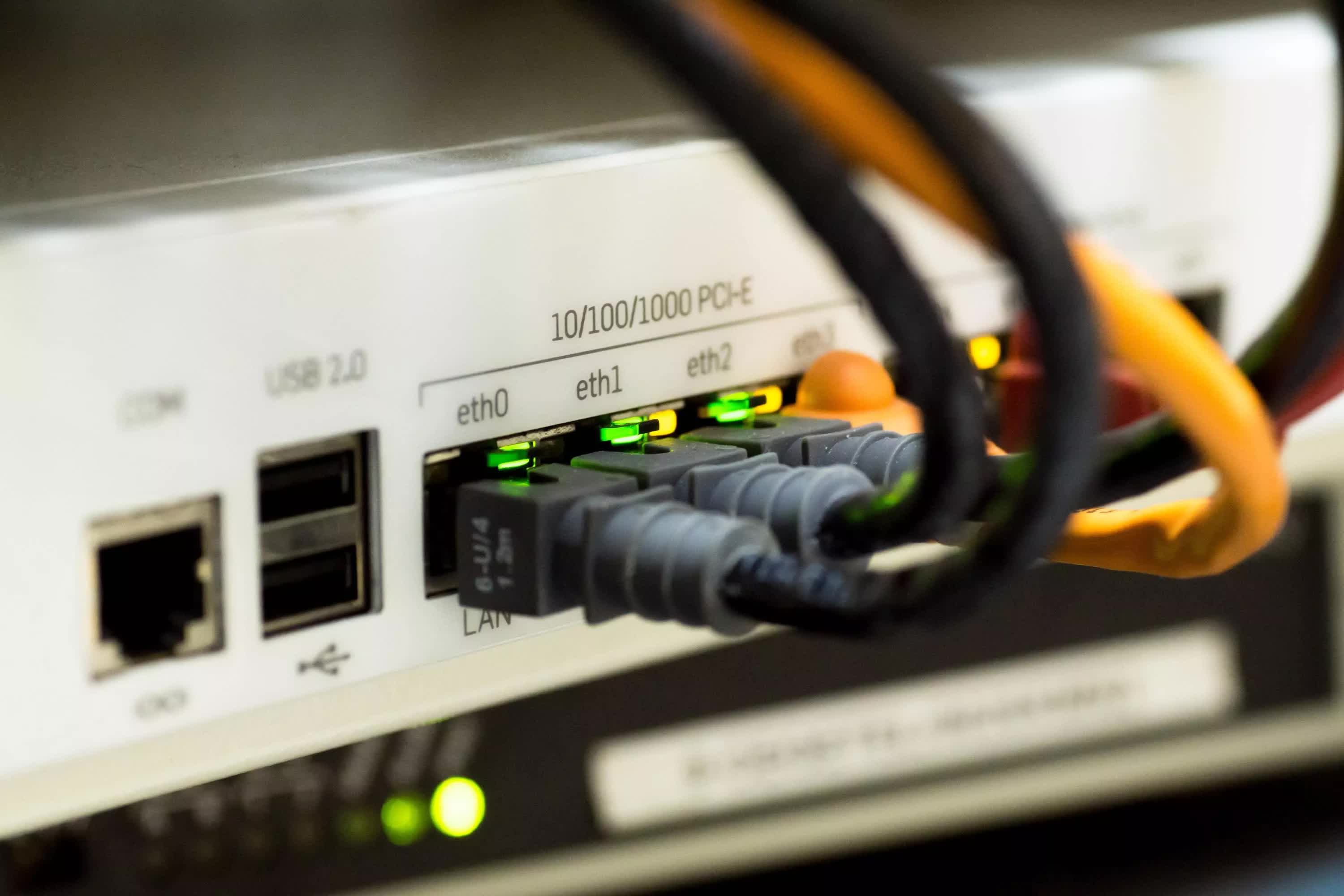- Home routing and encryption technologies are making lawful interception harder for Europol
- PET-enabled home routing allows for secure communication, hindering law enforcement’s ability to intercept and monitor communications
- Europol suggests solutions such as disabling PET technologies and implementing cross-border interception standards to address the issue.



It’s almost as if police need to get a warrant to wiretap people, and can’t just do illegal wiretaps on unencrypted data. I can see why the EU may want to consider implementing processes for cross-border wiretaps, though.
Even if law enforcement can get a warrant, unless there’s a backdoor in the encryption then the data stays private. That’s the whole point of encryption.
The fundamental problem is law enforcement feeling entitled to snoop on private communications with a warrant vs the inherent security flaw with making a backdoor in encrypted communications. The backdoor will eventually get exploited, either by reverse engineering/tinkering or someone leaking keys, and then encryption becomes useless. The only way encryption works is if the data can only be decrypted by one key.
Anyone else remember when TSA published a picture of the master key set for TSA approved luggage locks and people had modeled and printed replicas within hours?
That’s also true. Wiretapping internet communications was more valuable pre-2010s when things weren’t encrypted. It is good that things are encrypted now. There’s still some metadata that can be pulled now from ISPs, such as IP addresses, SNI, and unencrypted DNS, but cops are better off subpoenaing Facebook and Google than trying to wiretap.